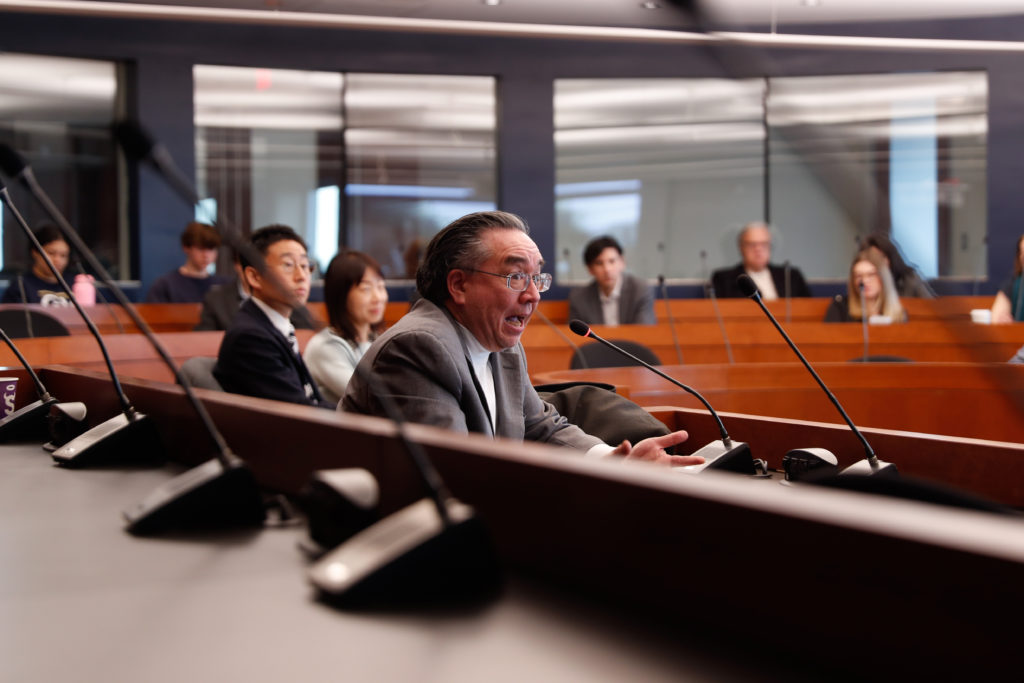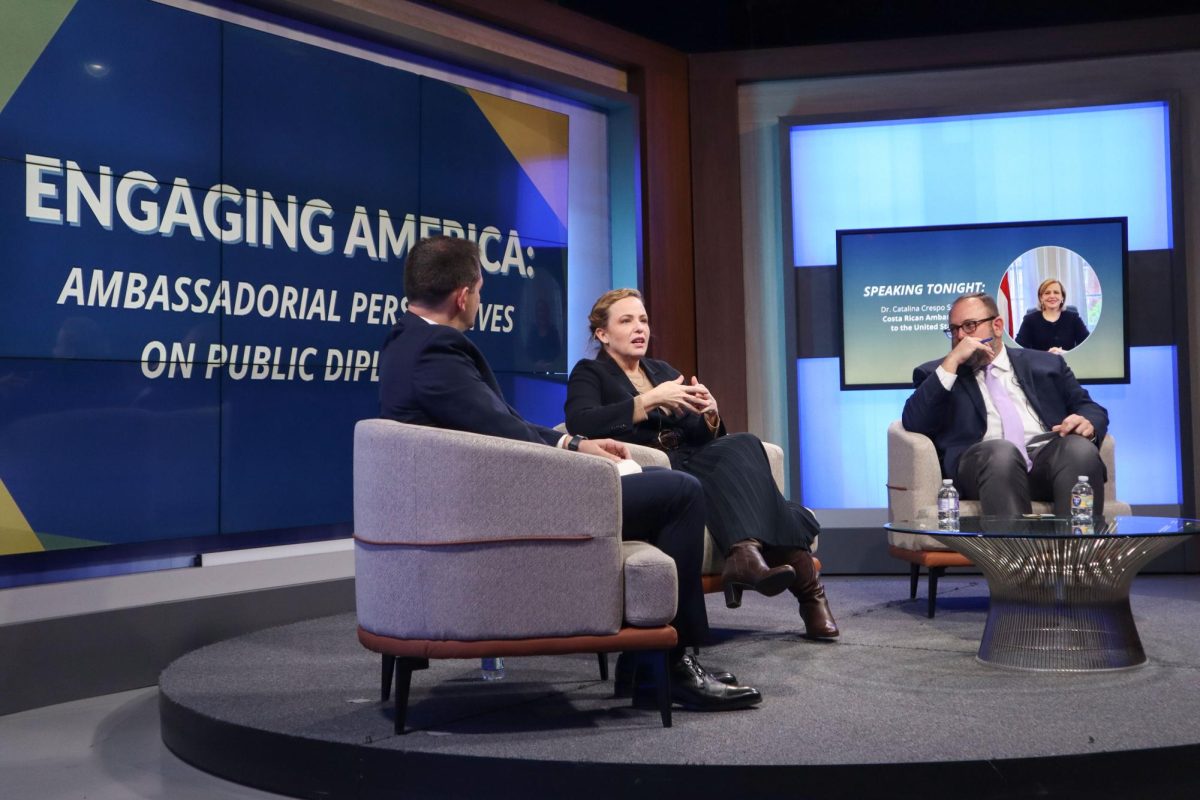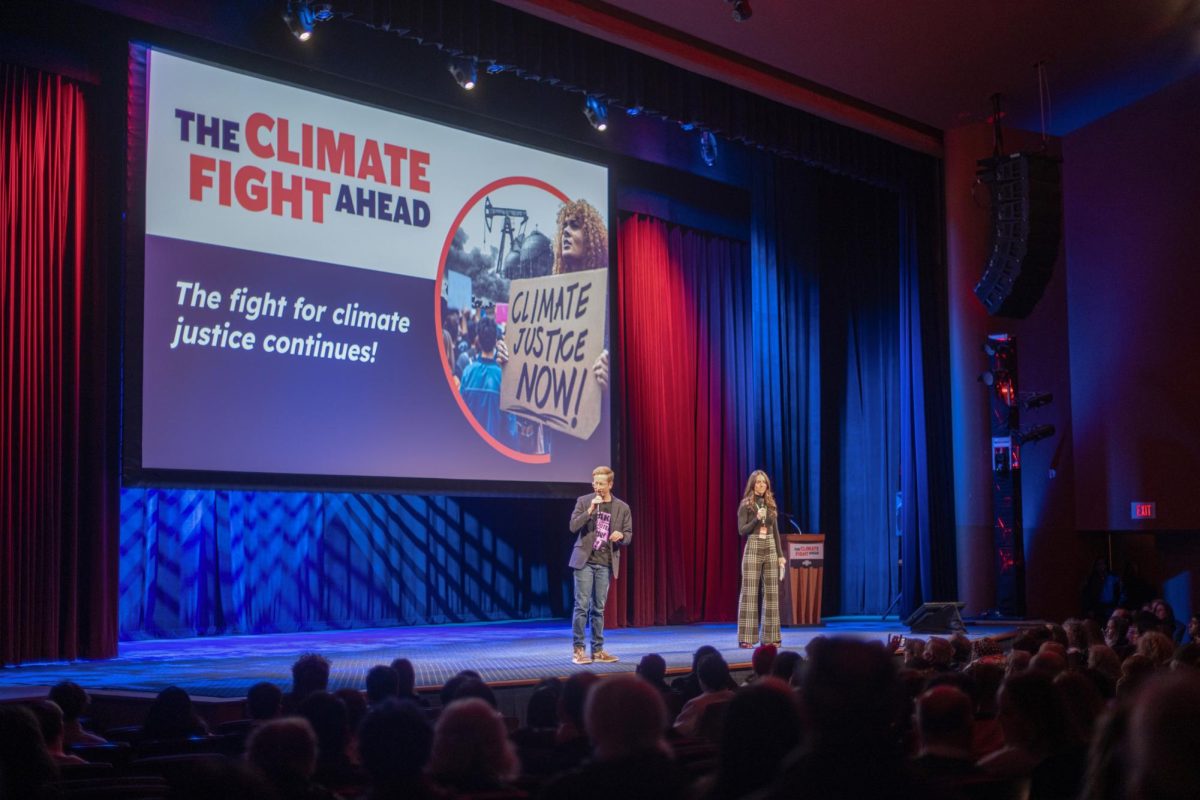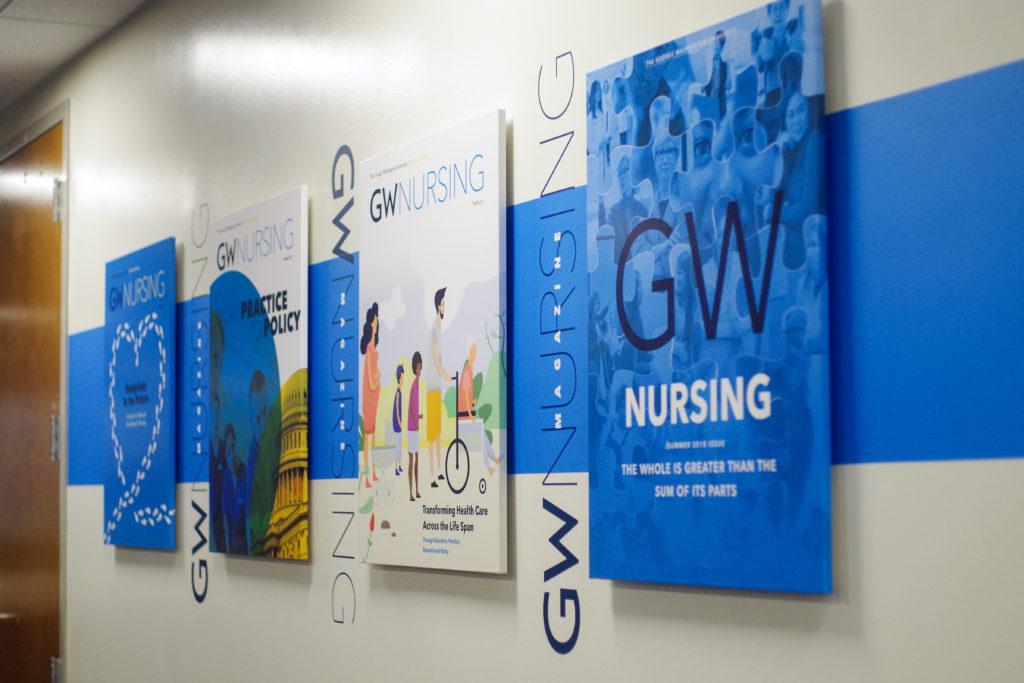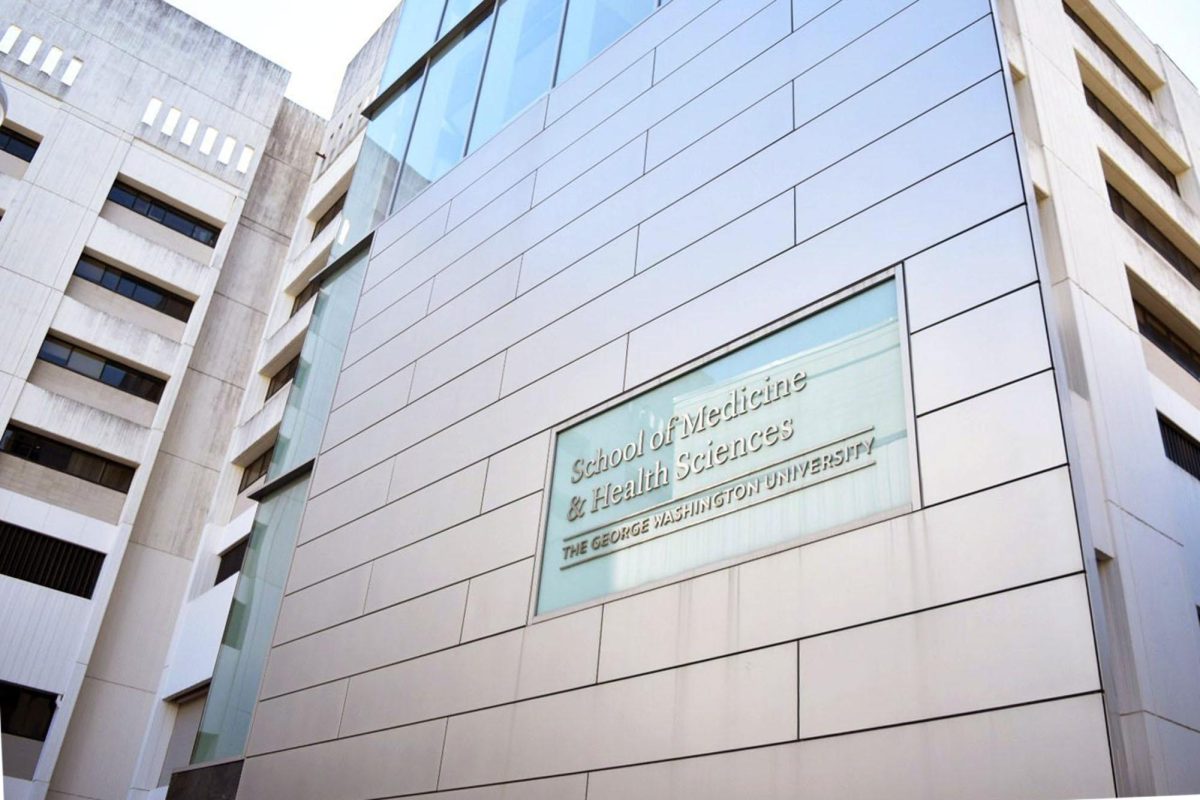A NASA administrator discussed the future of space exploration at the Elliott School of International Affairs Tuesday.
Bhavya Lal, an associate administrator for the NASA Office of Technology, Policy and Strategy, said the Artemis Program, a series of missions that seek to expand human presence on the moon and Mars, is the next step of human space exploration. The Elliott School’s Institute for International Science and Technology Policy and the University of Ottawa’s Institute for Science, Society and Policy hosted the event, which was the keynote lecture of the Bromley Memorial Event, an annual science event aimed at honoring nuclear physicist D. Allan Bromley.
Lal, a GW alumna, said the Artemis program, the largest-ever international investment in space exploration and scientific advancement, is the product of a multinational agreement known as the Artemis Accords, which aim to promote international cooperation in the next phase of space exploration.
She said technological and policy cooperation between the United States and Canada will facilitate the mission, with NASA selecting a Canadian lunar rover to take to the moon via the NASA commercial lunar eclipse service.
“I’m not exaggerating when I say that Artemis is the largest, the most expensive, the most ambitious and the most international exploration effort in the history of our civilization,” Lal said.
Lal said one of the main objectives of the Artemis missions is to examine the moon’s south pole, which experts speculate to have frozen water. She said private commercial entities and the Chinese and U.S. governments plan to take a total of 22 missions to the moon by 2026.
Lal said the Artemis program aims to prioritize science and technology over politics, unlike the original Apollo mission, which was a political symbol at the height of the Cold War.
“Apollo was as much a political achievement as it was a technological accomplishment,” Lal said. “After all, we chose to go to the moon specifically to demonstrate the superiority of capitalism and democracy, and quite frankly, the American way.”
Lal said the Artemis space mission will seek to benefit humanity through scientific, economic and ethical manners. She said NASA is actively engaging with experts and the public through workshops to ensure future space missions and exploration are conducted without harm.
“What we accomplish matters because it will form the precedent for how humanity expands into the solar system,” Lal said.


